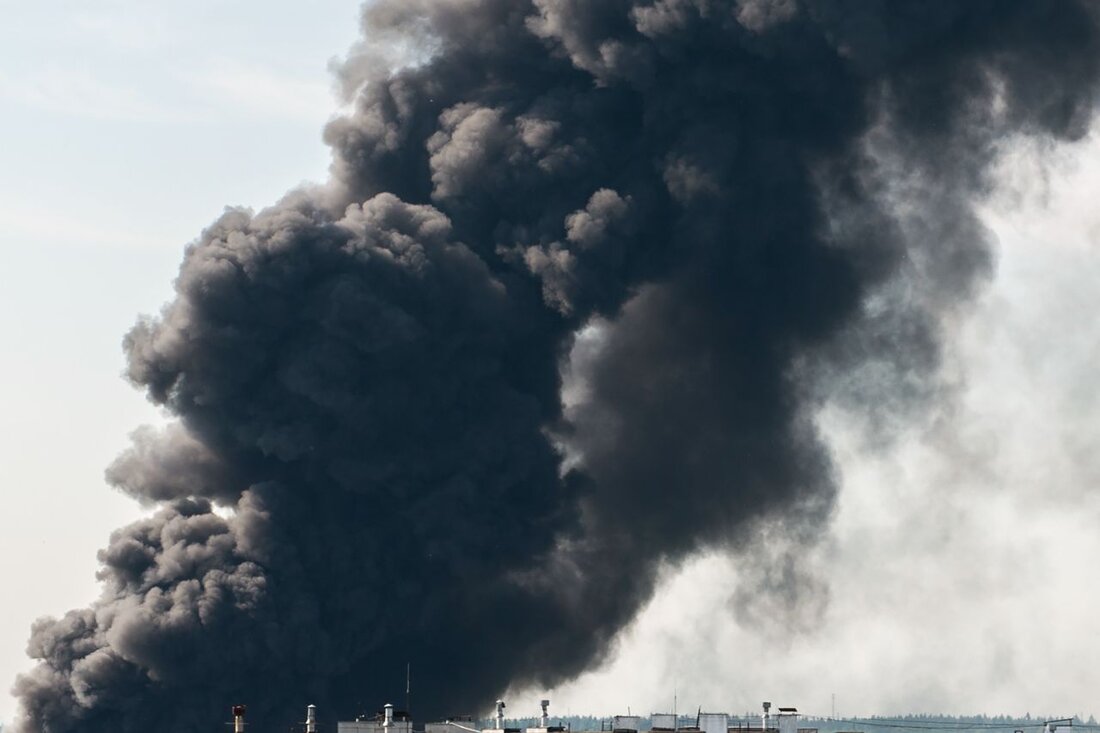Brand disaster in Bresegard: Die 10,000 chickens!

Brand disaster in Bresegard: Die 10,000 chickens!
On Monday, July 8, 2025, there was a devastating fire in a poultry stable in Bresegard, district of Ludwigslust-Parchim, in which about 10,000 chickens lost their lives. The exact cause of the fire is currently still unclear, but the police assume negligent arson. Over 90 firefighters were deployed during the extinguishing work, who fought the flames until the evening and had massive smoke development that was visible for miles. Residents were asked to keep windows and doors closed to protect themselves from the smoke. The estimated damage amounts to around one million euros, such as [NDR] (https://www.ndr.de/nachrichten/mecklenburg-vorpommern/nach-stallbrand-in-briktard-kritik-von-ti-and-politikin- und-Politics, Mvregioschwerin-408.html).
The criticism of the conditions in animal husbandry is no coincidence. The animal protection foundation "Four Paws" describes the event as an example of "systematic failure" in animal husbandry. The Greens in the state parliament also require retrofitting of older stable systems to prevent such disasters in the future. The left-wing parliamentary group refers to a similar major fire in Alt Tellin four years ago, in which 50,000 pigs died, and has criticized the lack of building law changes since then. Stall fires are a recurring problem in Germany, in which over a hundred thousand animals are killed every year, as the Albert Schweitzer Foundation explains.
structural problems in animal husbandry
The causes of stable fires are diverse and range from technical defects to high summer heat. Fire protection is often not sufficiently taken into account in modern and inexpensive mass husbandry. This means that over 3,000 damage events are registered annually in animal husbandry systems. According to the expert Stefan Stein, who collects data on fires and accident, many fires could be prevented by regular maintenance work and safe storage of inflammable materials. The biggest problems include the structural defects and the lack of use of fire alarm systems that could enable an early alarm, as animal rights.
The animal welfare reservation regulations require to rule out health risk to the animals; Nevertheless, the reality shows that many measures are considered unprofitable and are therefore not implemented. Political measures to improve fire protection are often slow and are only hesitantly taken by farmers. The demand for a size restriction of animal husbandry plants for fire protection reasons is a first step, but it is necessary to make a far -reaching changes in order not only to consider the animals as cost factors. Especially smaller animal husbandry systems could increase the opportunities for the survival of the animals in the event of a fire.
future prospects for animal welfare
It remains to be seen which consequences are drawn from the fire in Bresegard. A comprehensive rethinking in animal husbandry is necessary not only to avoid future tragedies, but also to seriously focus on animal welfare. The fire in Bresegard could be another wake -up call for politics in order to fundamentally rethink the conditions of animal husbandry and ensure that animals are not kept in full seclusion and without escape routes.
only through a good interplay of legislation, responsible action in agriculture and an increased awareness in society can be achieved with the goal of animal -friendly attitude.
| Details | |
|---|---|
| Ort | Bresegard, Deutschland |
| Quellen | |
